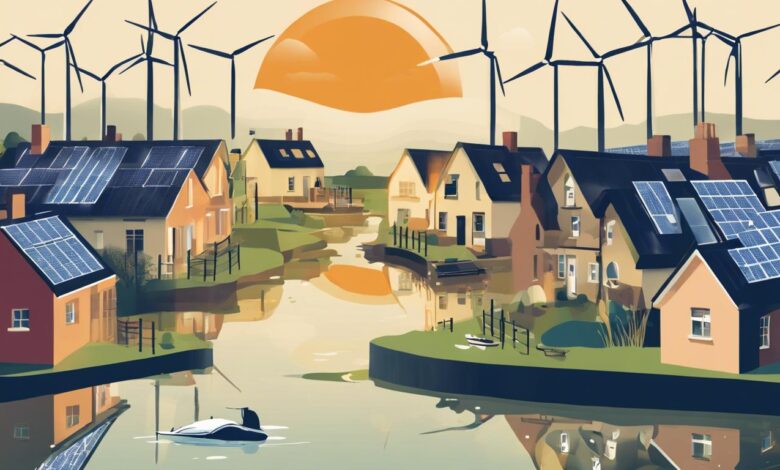Rising water bills and clean energy costs raise concerns for UK’s lower-income households

With water bills expected to increase by up to 70% by 2030 and clean energy transitions imposing financial strains, concerns are mounting over the affordability for UK’s lower-income households. Regulatory bodies and companies are called to find a balance between necessary improvements and ensuring equitable cost distributions.
Concerns over potential steep rises in water bills and the cost of transitioning to cleaner energy sources have emerged as pressing issues for UK households, particularly those with lower incomes. The Consumer Council for Water has flagged proposed increases in water bills of up to 70% by 2030 as ‘unaffordable’, citing a survey where only 16% of respondents felt they could manage such hikes. Water companies, including Thames Water and Southern Water, argue that the increases are necessary for infrastructure improvements, debt servicing, and addressing issues like high leakage rates and sewage discharges.
On the energy front, Ofgem, the UK’s energy regulator, has issued warnings about the financial strain on lower-income households due to the costs associated with achieving net-zero targets. The regulator highlighted concerns about these households’ ability to cope with future price shocks and the potential for increased debt. Despite efforts to cushion consumers from sharp price increases through mechanisms like the price cap, the financial challenges persist, driven in part by surging energy bills in recent years.
Both sectors face the challenge of balancing necessary improvements and environmental goals with the imperative to ensure affordability for all consumers. In the water sector, the Consumer Council for Water has called for more support to be offered directly from companies’ own resources. Meanwhile, Ofgem has sought input from stakeholders to safeguard against future price fluctuations in the energy market and find sustainable solutions to support consumers, advocating for investments in renewable energy and energy efficiency as keys to lowering future costs.
As discussions and consultations continue, the focus remains on finding ways to mitigate the financial impact on vulnerable households while pursuing broader environmental and infrastructure goals. The situation underscores the complexity of transitioning to more sustainable practices in a manner that is equitable and does not disproportionately burden those least able to bear the costs.








